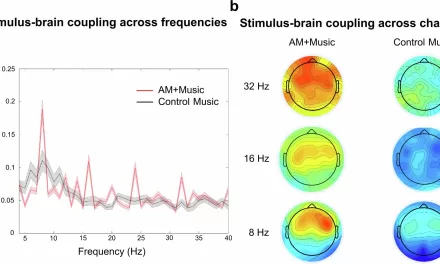Date: February 3, 2024
A protracted scientific dispute has been reignited this week as experts clashed in a San Francisco courtroom over whether the U.S. Environmental Protection Agency (EPA) should ban the fluoridation of drinking water to protect fetuses and children from the potential risk of neurodevelopmental problems.
The case, unfolding in a federal district court, is being closely watched as it sets a precedent for addressing the complex scientific evidence surrounding the fluoridation debate. Fluoride, a common mineral added to drinking water since 1946 to reduce tooth decay, has become a focal point of concern amid claims that high levels may pose risks to brain development.
The ongoing litigation, initiated in 2017 and resuming this week after a hiatus, revolves around an unpublished assessment by the federal government’s National Toxicology Program (NTP). The assessment indicated “moderate confidence” that drinking water containing fluoride at levels at least twice as high as recommended by the federal government is associated with lower IQ in children.
The Fluoride Action Network (FAN) and other advocacy groups argue that this data warrants the EPA’s regulation of fluoride under the Toxic Substances Control Act (TSCA). The trial, the first of its kind under a 2016 TSCA provision allowing citizens to request a court assessment of a chemical’s risk, is sparking intense debate over the safety threshold for fluoride exposure.
Opening arguments on January 31 saw plaintiffs’ attorney Michael Connett emphasize the vulnerability of babies fed formula made with tap water, exposing them to the highest dose of fluoride among all age groups. He urged the EPA to regulate fluoride as it would any compound posing a potential threat to newborns.
Opposing views argue that there is insufficient evidence to conclude that the current recommended concentration of fluoride in drinking water (0.7 milligrams per liter) poses a threat. The trial marks a significant juncture in the ongoing controversy surrounding the potential health risks associated with community water fluoridation.
The lawsuit, the first to reach trial under the 2016 TSCA provision, started in June 2020 but was temporarily suspended to await the publication of the NTP report. The report, initially classifying fluoride as a cognitive developmental hazard, underwent revisions following reviews by the National Academies of Sciences, Engineering, and Medicine in 2020 and 2021. The reviews found shortcomings in the assessment, prompting NTP to remove the cognitive developmental hazard classification.
Critics allege that delays and interventions in the report’s publication were designed to undermine its findings. Despite challenges, the trial has resumed, with Judge Edward Chen indicating that the EPA must regulate fluoride if the plaintiffs prove it poses an “unreasonable risk” to pregnant women and children.
The outcome of this landmark case could have far-reaching implications for the regulation of fluoride in drinking water, as the court weighs scientific evidence and determines the potential risks associated with the widely adopted practice of water fluoridation.












